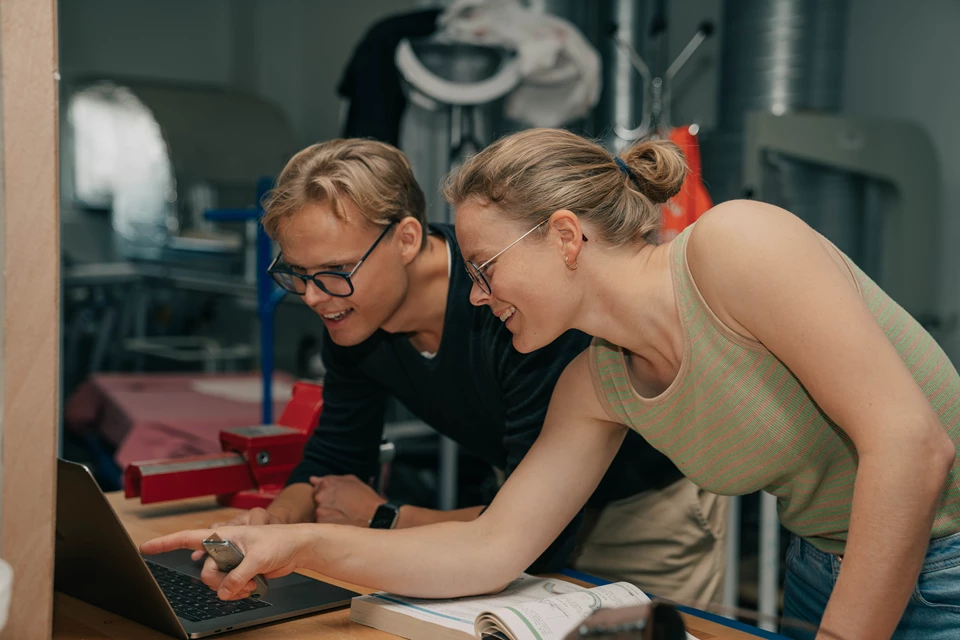Staging Collaborative Design For Sustainability
The first semester focuses on challenges involved in developing designs for sustainable products and services. Realizing these design ambitions calls for collaboration within and across organizations. The semester focuses on the organizational contexts for the design of sustainable innovations an on the challenges connected with the issue of instigating collaborative design for sustainability.
ACADEMIC CONTENT AND CONJUNCTION WITH OTHER MODULES
This module provides students with an opportunity to address the complexities of staging design processes. Thus, during the semester the concept of staging will be unfolded and linked to recent research within the field. An important lesson from the semester project will be that a design project cannot limit itself to the product, but it also has to consider its life cycle as well as being a collaborative endeavour, involving not only users or proxy to future users, but also other actors involved in the production, use and end of life of the product, service or system under consideration.
The semester project is a research project that addresses a design challenge for an existing organisation. The project must be based on a review of relevant scientific literature and empirical investigations so as to
solidly ground the proposed design solution(s). When conducting empirical investigations and staging designactivities, students need to consider if and how their solution challenges existing organisational practices, reconfigures sociotechnical network of relations within the company/organisation and its value chain. However, the backbone of the module is the students’ semester projects, which are conducted in groups of 4-6 students. The projects are to be based on problems identified by organisations, e.g. a hospital, and further developed by the students. The projects are conducted in collaboration with a organisation or a company.
Project work is structured around three milestone seminars in which the students are expected to present:
1. Pre-investigation of their problem area with the aim of specifying their problem formulation
2. The results of their empirical analyses
3. Solution(s) for addressing or resolving the problem(s) that they have identified, i.e., a proposed
design, product, service or business model
Students will receive feedback from the involved teachers and their fellow students at each of these milestone sessions.
MODULE ACTIVITIES
The module has four types of activities:
- Active participation in the introductory week (September 1 and 2)
- The semester project in collaboration with external case holders.
- Topical seminars on i) collaborative teamwork ii) writing a scientific report and iii) preparation for
the oral group exam iiii) deliverable for case holder in negotiation with the project case holders. The module runs in parallel with three complementary courses.
Partner
Aalborg Universitet København
Fakta
Starter 09/01/2024, og slutter 01/06/2025
The backbone of the module is the students’ semester projects, which are conducted in groups of 4-6 students. The projects are to be based on problems identified by organisations, e.g. a hospital, and further developed by the students. The projects are conducted in collaboration with a organisation or a company.
Output
Aftales med de studerende:
- Rapport
- Præsentation af løsning
- Analyse
- Idékatalog


